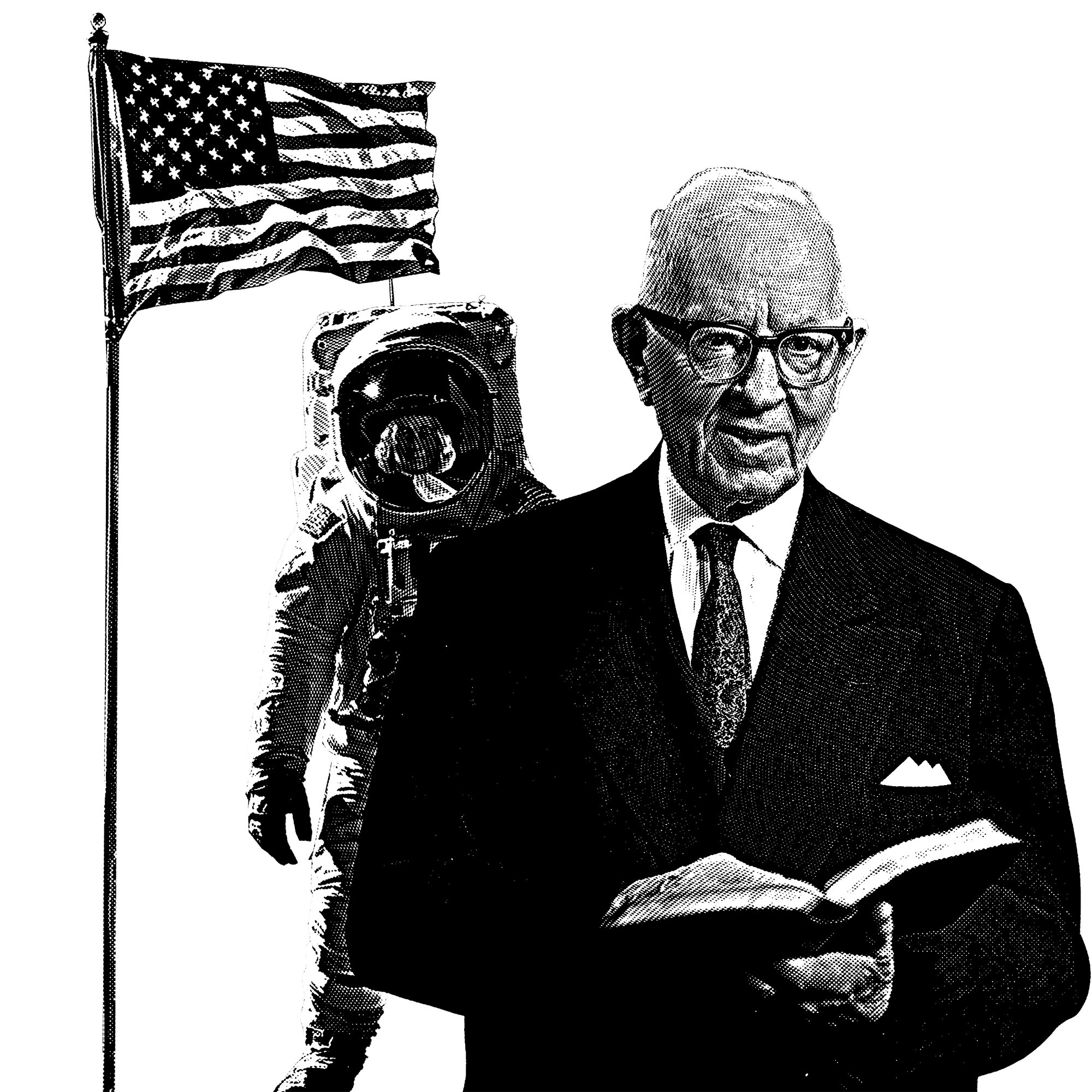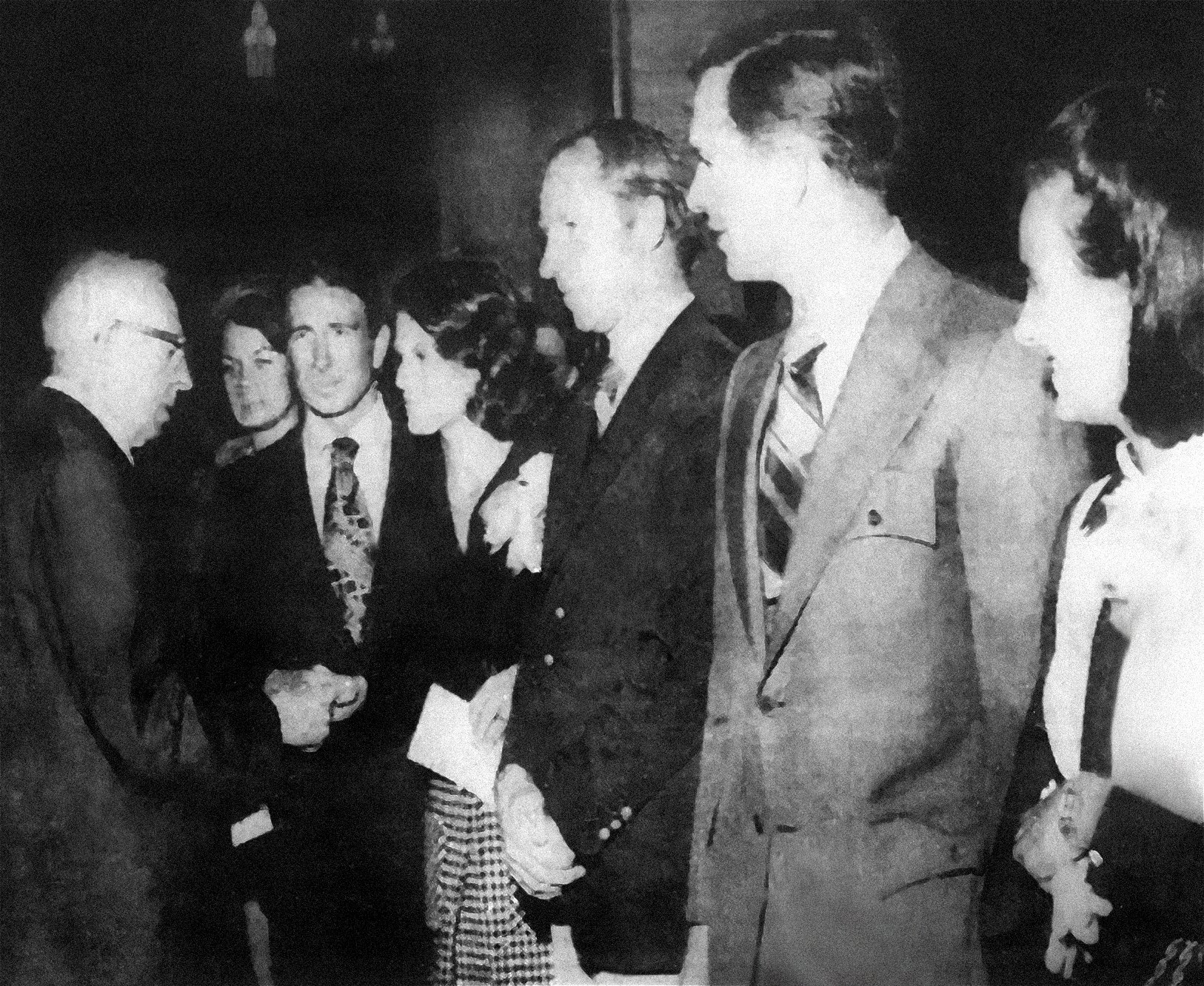Prophetic Fallibility

Do prophets make mistakes?
Yes. Elder Dieter F. Uchtdorf taught, "There have been times when members or leaders in the Church have simply made mistakes."[1] And many prophets and apostles have stated they are imperfect people who make mistakes.[2][3]
What do you mean by a 'mistake' here?
Ancient and modern prophets have made various mistakes including factual errors,[4] moral failings,[5] poor decisions,[6] and minor[7] and major sins.[8]
But do they make mistakes when speaking or acting as a prophet?
Yes, probably. For example, Brigham Young believed in and taught the Adam-God theory[9] which Spencer W. Kimball "denounced" and said was "false doctrine" in the October 1976 general conference.[10] Both prophets were acting as prophets when they taught this.[11]
Why would a prophet of God make a mistake when speaking or acting as a prophet?
Bruce R. McConkie taught, "With all their inspiration and greatness, prophets are yet mortal men with imperfections common to mankind in general."[12][13]
Does this mean that a prophet could misinterpret the revelation that they receive?
Yes, possibly. Brigham Young taught that although revelations from God are perfect, humans are "poor, weak, low" and cannot fully receive them.[14]
If prophets make mistakes even when acting as prophets, what is the point of having a prophet?
Prophets are called to be witnesses of Jesus Christ to be His representative on earth and are charged with leading and receiving revelation for the Church.[15]
How do practicing Latter-day Saints make sense of the idea that the current prophet may be in error?
Some Latter-day Saints "pick and choose" which teachings from prophets to support,[16] while others choose to support all the teachings, even if they believe some may be erroneous.[17] Others assume the current prophet is completely aligned with God's will and support all his teachings.[18]
Table of assumptions and possible explanations on prophetic fallibility
Assumption | Possible Conclusions |
Prophets, even when acting as a prophet, are capable of error. | Because prophets are capable of making mistakes, even when acting as a prophet, they have little value and their guidance should be discounted or ignored.[19] |
Because prophets can make mistakes, it is wise to carefully choose which guidance we follow and support.[20] | |
Even though prophets may make mistakes, we should support and sustain them.[21] | |
Prophets, when acting as a prophet, do not make errors. | All prophetic statements are true within their context, and any apparent mistake or contradiction is due to a misinterpretation.[22] |
What does God do when prophets make mistakes?
The response seems to vary and depends on the time, place, nature, and importance of the mistake.[23][24]
Why wouldn't He stop prophets from making mistakes in the first place?
God values agency[25] and seems to allow prophets to act for themselves,[26] even if it means allowing them to make mistakes.
Examples of Mistakes Made by Latter-day Prophets
| Topic | Event | Commentary |
Kinderhook Plates[27] | Joseph Smith reportedly made an initial attempt to translate one of the characters of the fraudulent Kinderhook Plates.[28] | Joseph reportedly made an initial attempt to translate the plates using secular means, not a prophetic method.[29] It was later reported that Joseph wanted the plates authenticated by scholars.[30] |
The Kirtland Safety Society | On November 2, 1836, Joseph Smith and others officially organized the Kirtland Safety Society,[31] which eventually failed.[32] | The Kirtland Safety Society failed in 1837 due to several factors, including the nationwide financial panic in 1837[33] and some Latter-day Saints engaging in speculation.[34] |
The Book of Lehi (116 pages) | Joseph loaned Martin Harris[BIO] the manuscript pages for the Book of Lehi which were then lost.[35] | God chastised Joseph and Martin for the loss of the Book of Lehi.[36] |
The cause of malaria | Joseph believed that the climate caused malaria.[37] | According to modern science, Malaria is caused by a parasite that infects some types of mosquitos and is passed on to humans.[38] Joseph was reflecting the common beliefs of the time.[39] |
Hyrum Smith, Brigham Young, and the sun being inhabited | Early Latter-day Saints such as Hyrum Smith and Brigham Young believed that the sun was inhabited.[40] | The sun is inhospitable and cannot sustain life.[41] It was a common belief at the time that other parts of the solar system were inhabited.[42] |
Racism among Latter-day Saint leaders | Joseph Smith,[43] Brigham Young,[44] and other Church leaders[45] held racist views concerning Black people. | Today, the Church condemns all racism, past and present.[46] |
Joseph Fielding Smith and man traveling to the moon. | In 1958, Joseph Fielding Smith taught that man would not venture outside the earth.[47] | On July 20, 1969, Apollo 11 landed[48] Neil Armstrong[BIO] and Buzz Aldrin[BIO] on the moon. As president of the Church, Joseph Fielding Smith hosted members of Apollo 15[49] at a celebration in Salt Lake City in September 1971.[50] |

But doesn't the Church teach that the prophet will "never lead the Church astray"?
Yes. This concept is taught in Church manuals,[51] talks from Church leaders[52][53], and Church music.[54]
It was first taught in the October 1890 General Conference where Wilford Woodruff said, "The Lord will never permit . . . the President of this Church, to lead you astray."[55][56]
Related Question
Did the Kinderhook Plates hoax trick Joseph Smith?
Read more in The Kinderhook Plates
Examples of Statements from Church Leaders on Prophetic Fallibility
Date | Church Leader | Statement |
February 8, 1843 | Joseph Smith[BIO] | Joseph recorded that he met some people from Michigan "who thought that 'a Prophet is always a Prophet.'" He told them, "A Prophet was a Prophet only, when he was acting as such."[57] |
October 6, 1855 | Brigham Young[BIO] | Brigham cautioned Church members from accepting anything he teaches "unless the Spirit of the Lord Jesus Christ, the spirit of revelation, makes them satisfied."[58] |
June 28, 1857 | Brigham Young | Brigham warned that Latter-day Saints must have the Spirit witness to them or "leaders [may] lead you to destruction."[59] |
December 13, 1875 | Orson Pratt[BIO] | Orson Pratt, when discussing a teaching from Joseph Smith about the whereabouts of the ten tribes, stated that he wasn't sure if Joseph "founded his opinion upon revelation or whether it was a matter of mere speculation with him."[60] |
August 12, 1883 | George Q. Cannon[BIO] | George Q. Cannon taught Church members that Joseph Smith was "a mortal man," "a fallible man," and, on occasion, "God reproved him."[61] |
October 1898 | Lorenzo Snow[BIO] | During the October 1898 General Conference, Lorenzo Snow taught that "each member of the Church has a right to have that measure of the Spirit of God that they can judge" the actions of Church leaders.[62] |
1902 | Matthias F. Cowley[BIO] | In his 1902 book, Cowley's Talks on Doctrine, Matthias F. Cowley taught that being called a prophet "does not imply the infallibility of man."[63] |
September 1912 | Charles W. Penrose[BIO] | Serving as editor of the Improvement Era, Charles W. Penrose taught, "No President of the Church has claimed infallibility."[64] |
1937 | John A. Widtsoe[BIO] | In his 1937 book, Program of The Church of Jesus Christ of Latter-day Saints, John A. Widtsoe told Church members to "expect perfection in no man."[65] |
April 1941 | Joseph F. Merrill[BIO] | During the April 1941 General Conference, Joseph F. Merrill taught that "the President is not infallible." He added, "He makes no claims to infallibility."[66] |
December 7, 1945 | George Albert Smith[BIO] | In a letter to a Unitarian minister, George Albert Smith wrote that Latter-day Saints should not blindly follow leaders; instead, "every individual must obtain for himself a testimony of the truth of the Gospel."[67] |
July 7, 1954 | J. Reuben Clark[BIO] | J. Reuben Clark discusses when the writings or sermons of Church leaders can be considered "scripture," noting that Church leaders have sometimes speculated on doctrinal topics, and that "this matter of disagreements over doctrine, and the announcement by high authority of incorrect doctrines, is not new."[68] |
1954 and 1956 | Joseph Fielding Smith[BIO] | In both the first volume (1954)[69] and third volume (1956)[70] of Doctrines of Salvation, Joseph Fielding Smith taught that "If I should say something which is contrary to that which is written and approved by the Church generally, no one is under obligation to accept it." |
1958 | Bruce R. McConkie[BIO] | In his 1958 edition of Mormon Doctrine, Bruce R. McConkie taught that "prophets are yet mortal men with imperfections common to mankind in general."[71] |
July 8, 1964 | Harold B. Lee[BIO] | In an address to Seminary and Institute faculty, Harold B. Lee taught that not everything a leader says is inspired and that leaders are not always "moved upon by the Holy Ghost in everything they read and write."[72] |
May 1975 | Ezra Taft Benson[BIO] | In the May 1975 issue of the New Era, Ezra Taft Benson cautioned Church members from placing their trust in "the arm of flesh" instead of Jesus, while acknowledging that "the Church will never again be taken from the earth because of apostasy."[73] |
February 19, 1981 | Bruce R. McConkie | McConkie, in a letter to Eugene England,[BIO] wrote that Brigham Young did teach that "Adam was the father of our spirits, and all the related things that the cultists ascribe to him" but that these teachings are "not true" and Brigham "expressed views that are out of harmony with the gospel."[74] |
1984 | Bruce R. McConkie | In a speech delivered in 1984, McConkie stated that the footnotes, chapter headings, and Joseph Smith translations in the Latter-day Saint edition of the Bible are not perfect, do not determine doctrine, and "they have been and undoubtedly now are mistakes in them."[75] |
October 1989 | James E. Faust[BIO] | During the October 1989 General Conference, James E. Faust taught that he and other Church leaders "make no claim of infallibility or perfection."[76] |
1990 | Boyd K. Packer | In an essay from 1990, Elder Boyd K. Packer added a disclaimer that stated that the essay was based on his personal revelation. He added, "Only the Standard Works and statements written under assignment of the First Presidency and the Council of the Twelve Apostles are considered official declarations by The Church of Jesus Christ of Latter-day Saints."[77] |
April 1994 | Robert D. Hales[BIO] | During the April 1994 General Conference, Robert D. Hales taught that "infallibility does not come with the call" to be an apostle.[78] |
May 2007 | Church Newsroom | In May 2007, the Church Newsroom released an article titled "Approaching Mormon Doctrine," stating, "Not every statement made by a Church leader, past or present, necessarily constitutes doctrine."[79] |
October 5, 2013 | Dieter F. Uchtdorf[BIO] | In the October 2013 general conference, Dieter F. Uchtdorf stated, "Leaders in the Church have simply made mistakes."[80] |
March 2020 | Dallin H. Oaks[BIO] | In the March 2020 issue of the Ensign, Dallin H. Oaks taught that, to become a doctrine of the Church, "individual teachings of apostles and even prophets need to be affirmed through the process of approval by other apostles and prophets."[81] |
Does the Church teach that "when the Prophet speaks, the thinking has been done?"
No, not really. This first appeared in an anonymous Improvement Era article in 1945,[82] but President George Albert Smith immediately condemned it.[83][84]
Elaine Cannon[BIO] made a similar statement in the 1970s by stating, "When the Prophet speaks, the debate is over,"[85] but many prophets and apostles before and since have taught that Church members need to think for themselves and determine the truth of the Gospel and that they are not infallible.[86][87]
- J.M.E.
“This is why I am so thankful for personal revelation. I can look to the prophets for guidance, but ultimately, I should pray about what they have all taught and how it relates to me. I have definitely had times in my life where I feel I have had revelation meant just for me.” - AJ
“I am reminded of the a Catholic theologian and friend of mine who once said, "When the Pope declared he was infallible when speaking ‘ex cathedra,’ he could have been wrong." And thus it is whenever we take the words of mere mortals to be the eternal words of God.” - Gladys P.
“Yes, prophets are humans! No one of us would be here on earth if we were perfect. Human error can happen at any given second.” - Buck
“"If prophets make mistakes even when acting as prophets, what is the point of having a prophet?" Herein lies the greatest challenge, in my opinion. Because it is a legitimate question that I'm not sure has been satisfactorily answered. What distinguishes them from normal people?” - Jason
“Prophets are subject to the same rules of the priesthood that all other priesthood leaders are - that no power or influence can or ought to be maintained by virtue of the priesthood [office as a prophet]...but by persuasion. No persuasion = not backed by the priesthood.”



 about this topic
about this topic